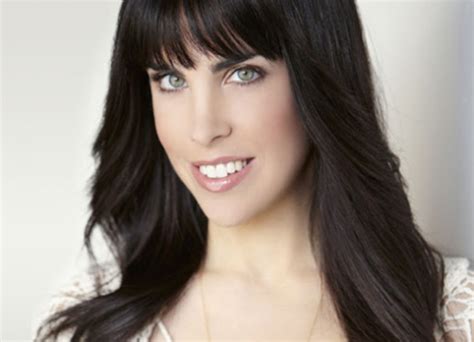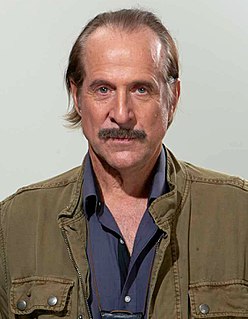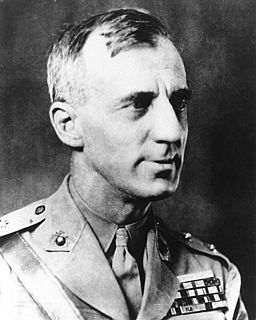A Quote by Synyster Gates
We have to do everything a hundred and ten percent when we're doing it. If we're on tour, we're constantly thinking of different ways to make the show better, or whatever it is.
Related Quotes
After a while the business end of writing takes too much of the writing time. Better to pay someone ten percent and find that you're still more than ten percent ahead in the end. Which is true. My present agent says that he always feels that a good agent during the course of a year should earn back for his client at least the ten percent he takes by way of commission, so the client's really nothing out. And what he should ideally do is make him more money than the ten percent.
When your witnessing is ninety percent, your mind is reduced to ten percent. And when your witnessing is one hundred percent - total, absolute - the screen is empty, the film has disappeared. This is the state of meditation: when there are no thoughts, no feelings - nothing moves, everything stops. There is tremendous serenity. Out of this serenity, silence, peace, a new kind of experience arises, new flowers blossom.
Well over half of the time you spend working on a project (on the order of 70 percent) is spent thinking, and no tool, no matter how advanced, can think for you. Consequently, even if a tool did everything except the thinking for you - if it wrote 100 percent of the code, wrote 100 percent of the documentation, did 100 percent of the testing, burned the CD-ROMs, put them in boxes, and mailed them to your customers - the best you could hope for would be a 30 percent improvement in productivity. In order to do better than that, you have to change the way you think.
How do they find out with the experiments?''...one way they can find out a whole lot is to make an animal ill and then try different ways to make it better until they find one that works.''But isn't that unkind to the animal?''Well, I suppose it is...but I mean, there isn't a dad anywhere who would hesitate, is there, if he knew it was going to make [his child] better? It's changed the whole world during the last hundred years, and that's no exaggeration.




































